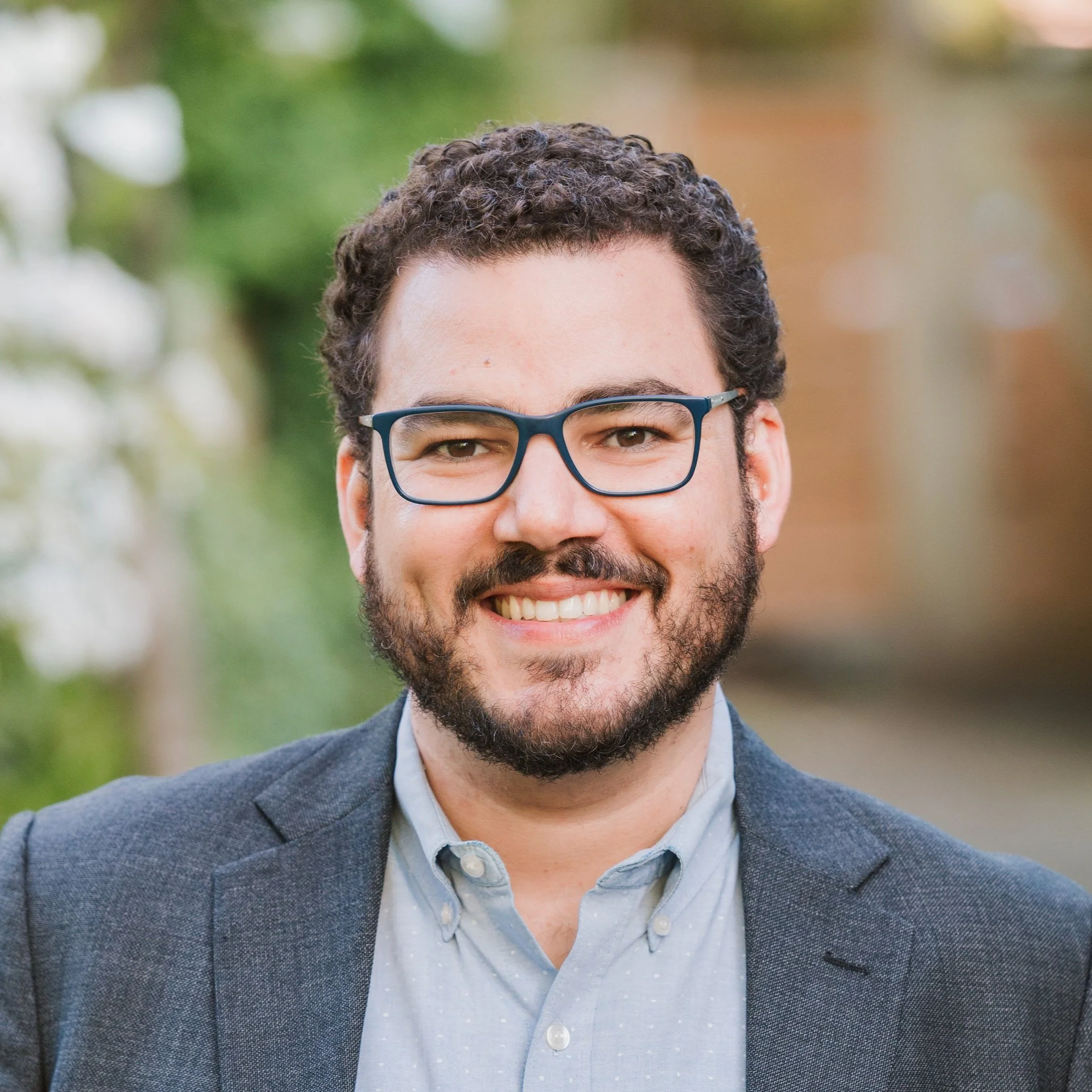Speakers
Home / Conference / KCIS 2022 / Will Greaves
Dr. Will Greaves
-
Wilfrid Greaves (Ph.D. Toronto) is Assistant Professor of International Relations at the University of Victoria, British Columbia, where his research examines intersections between global security, environmental politics, and Canadian foreign policy with focuses on climate change, energy extraction, and Indigenous peoples in North America and the circumpolar Arctic. He has published more than thirty peer-reviewed articles and book chapters in publications such as Canadian Journal of Political Science, Security Dialogue, International Journal, Polar Record, and The Arctic Yearbook, and has co-edited two books on Arctic politics: Breaking Through: Understanding Sovereignty and Security in the Circumpolar Arctic (with P. Whitney Lackenbauer) and One Arctic: The Arctic Council and Circumpolar Governance (with P. Whitney Lackenbauer and Heather Nicol).
Professor Greaves is currently Co-Lead for Climate and Environment for the North American and Arctic Defence and Security Network (NAADSN) and a member of the NATO STO Technical Team on Climate Security and Defence Activities. He was previously a Newport Arctic Security scholar at the U.S. Naval War College, a Visiting Scholar at the Centre for Sámi Studies at UiT The Arctic University of Norway, and Lecturer at the Trudeau Centre for Peace, Conflict and Justice at the Munk School of Global Affairs. He received his Ph.D. in Political Science from the University of Toronto.
Conference Abstract
The New Arctic Geopolitics: Ukraine, Environmental Diplomacy, and Pathways to Restored Cooperation
After more than 30 years of successful international cooperation in the Arctic, the peaceful regional order established at the end of the Cold War has been profoundly damaged by a series of events related to mistrust, misinterpretation, and now overt aggression between the seven Western Arctic states (A7) and the Russian Federation. The ongoing Russo-Ukrainian war has deeply damaged cooperative governance in the Arctic region, and the eventual outcome of that conflict will shape the future of circumpolar relations. While a Russian victory would likely result in a divided Arctic effectively partitioned between Western/NATO and Russian zones, a Ukrainian victory would provide opportunities for restored regional cooperation. In this talk, I outline the new 21st century Arctic geopolitics, focusing on major inflection points that occurred in 2007/2008, and following Russia’s invasions of Ukraine in 2014 and again in 2022. I then examine the possibility that environmental diplomacy and scientific cooperation in the Arctic might offer a pathway to restoring constructive relations in the wake of a potential Russian defeat in its war against Ukraine. I argue that a renewed focus on environmental diplomacy could afford valuable opportunities to advance ecological protection and climate mitigation in the Arctic, while facilitating re-entry of Russian into the communities of Arctic and European states from which its aggressive conduct has resulted in its present expulsion.







